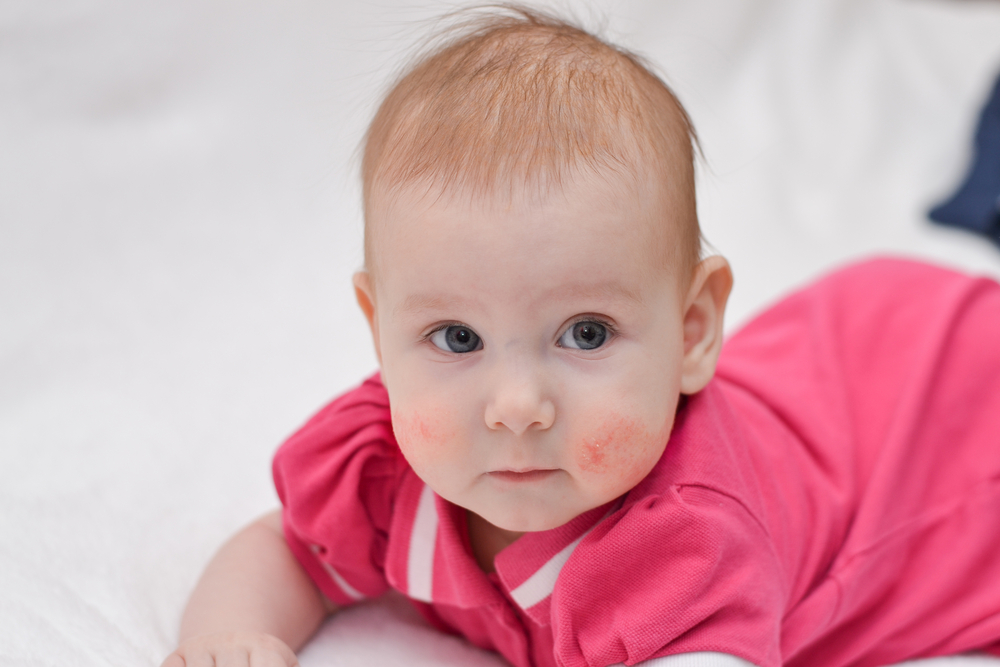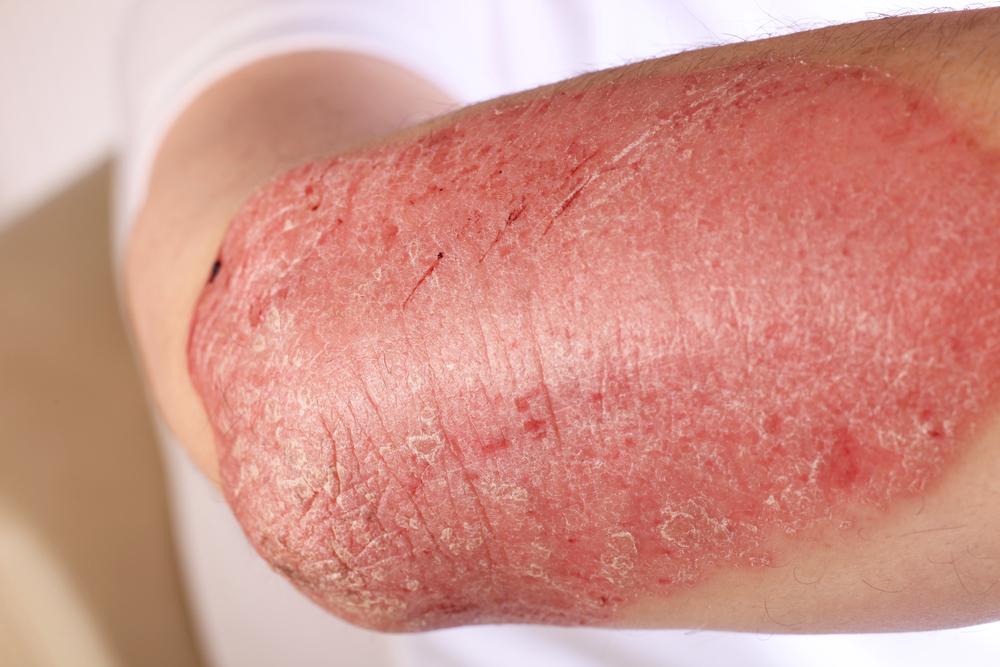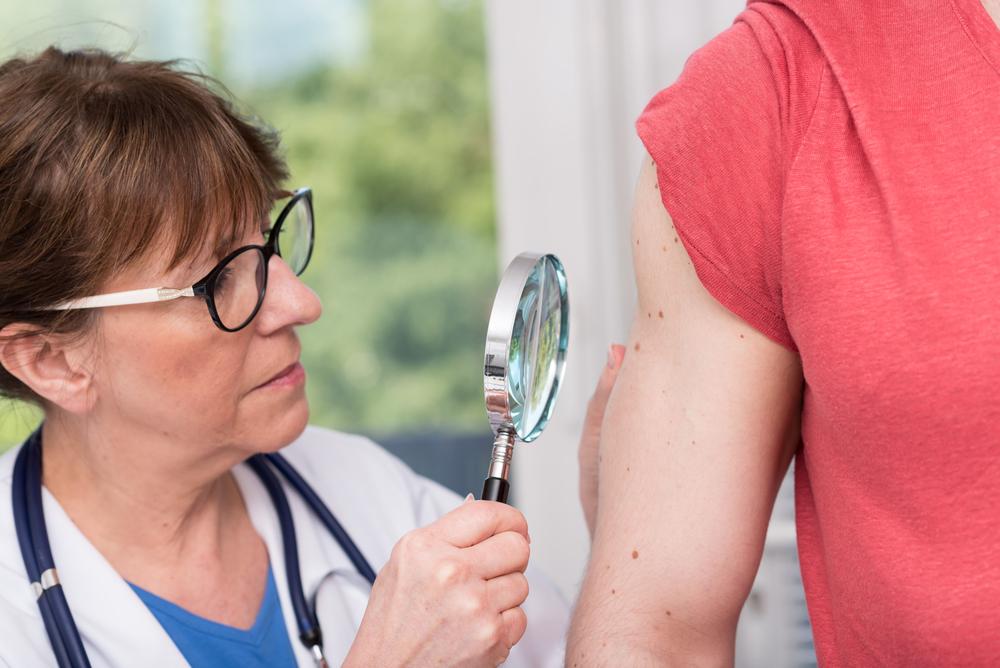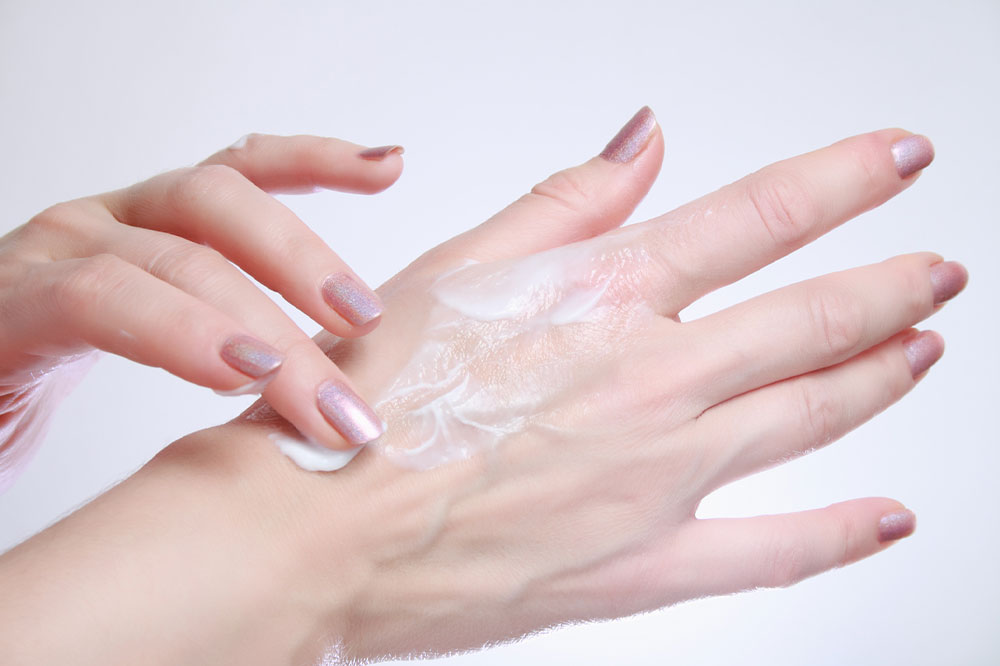Essential Information About Eczema Management and Prevention
Learn essential facts about eczema, its causes, symptoms, and effective management strategies. This guide covers different eczema types, triggers, and treatment options, helping individuals understand how to prevent flare-ups and maintain healthy skin. Always consult a healthcare professional for personalized care and guidance.

Understanding Eczema: Key Facts You Should Know
Eczema is a non-contagious skin condition commonly affecting young children and infants. Characterized by redness, itchiness, and inflammation, it often results from immune responses or skin barrier issues. Scratching the affected areas can cause open sores and cracks, increasing the risk of infection.
There are seven types of eczema, each with unique symptoms and causes. To manage and prevent flare-ups, keep the skin well-moisturized, take short warm baths with gentle cleansers, avoid irritating substances, and steer clear of known triggers.
Causes of Eczema
Children with parents diagnosed with eczema are at higher risk. External factors include:
Stress and elevated blood pressure
Dry, chapped skin
Contact with irritants such as synthetic fabrics, jewelry, pollen, mites, certain foods, soaps, and wool
Harsh cleaning agents, plastics, latex, lotions, solvents
Hormonal shifts, weather fluctuations, humidity levels, sweating
Signs and Symptoms
Symptoms differ based on age.
Infants under two exhibit rashes on cheeks and scalp, with oozing and intense itching that may lead to infection and sleep issues. Older children and adults experience rashes on elbows, knees, neck, wrists, and genitals. These can thicken and darken over time, with continued itching and possible cracking.
Types include:
Atopic dermatitis – Rashes in skin creases, thickened or darkened patches, bumps, oozing
Contact dermatitis – Redness, inflammation, blisters, crusts, scaling
Dyshidrotic eczema – Fluid-filled blisters on palms, soles, fingers with itching and peeling
Hand eczema – Dryness, cracks, redness, blisters on hands
Neurodermatitis – Thickened, scaly patches on limbs, scalp, genitals, itching worse at night
Nummular eczema – Coin-shaped itchy patches with scaling
Management and Treatment
Different eczema types require tailored approaches. It's important to inform your doctor about recent stress levels, skin care routines, and activities like swimming or outdoor pursuits. Home care tips include:
Taking warm baths and applying moisturizers immediately afterward
Using fragrance-free, gentle skin products
Patting skin dry instead of rubbing after bathing or sweating
Avoiding scratching
Wearing loose, breathable clothing
Preventing sudden temperature changes and avoiding known irritants
Medical treatments include topical corticosteroids, antihistamines, barrier repair ointments, and sometimes phototherapy or systemic medications. Always consult a healthcare professional before starting any treatment plan.










